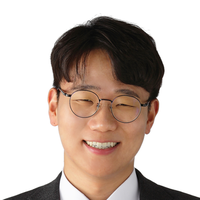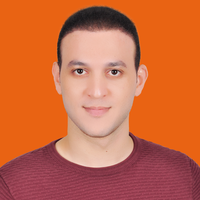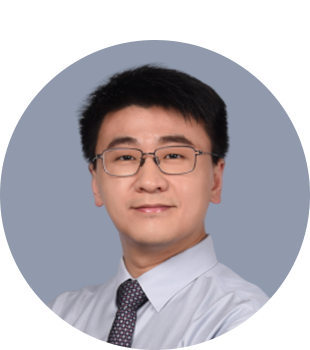Nanotechnology & materials
Danfeng Denver Li
Solving the problems that have puzzled the superconducting materials field for more than 30 years.

Korea
Kangyong Lee
The world’s first electronic self-cleaning technology for optical sensors of autonomous vehicles.

MENA
Ibrahim Abdelwahab
Developing nanoscale intelligent materials for ultrafast photonic applications

Global
Adnan Mehonic
Memristors can be a new and more efficient building block of modern computers.

China
Qian Chen
Improving the objective response rate and reduce immune-related adverse events of cancer immunotherapy.
